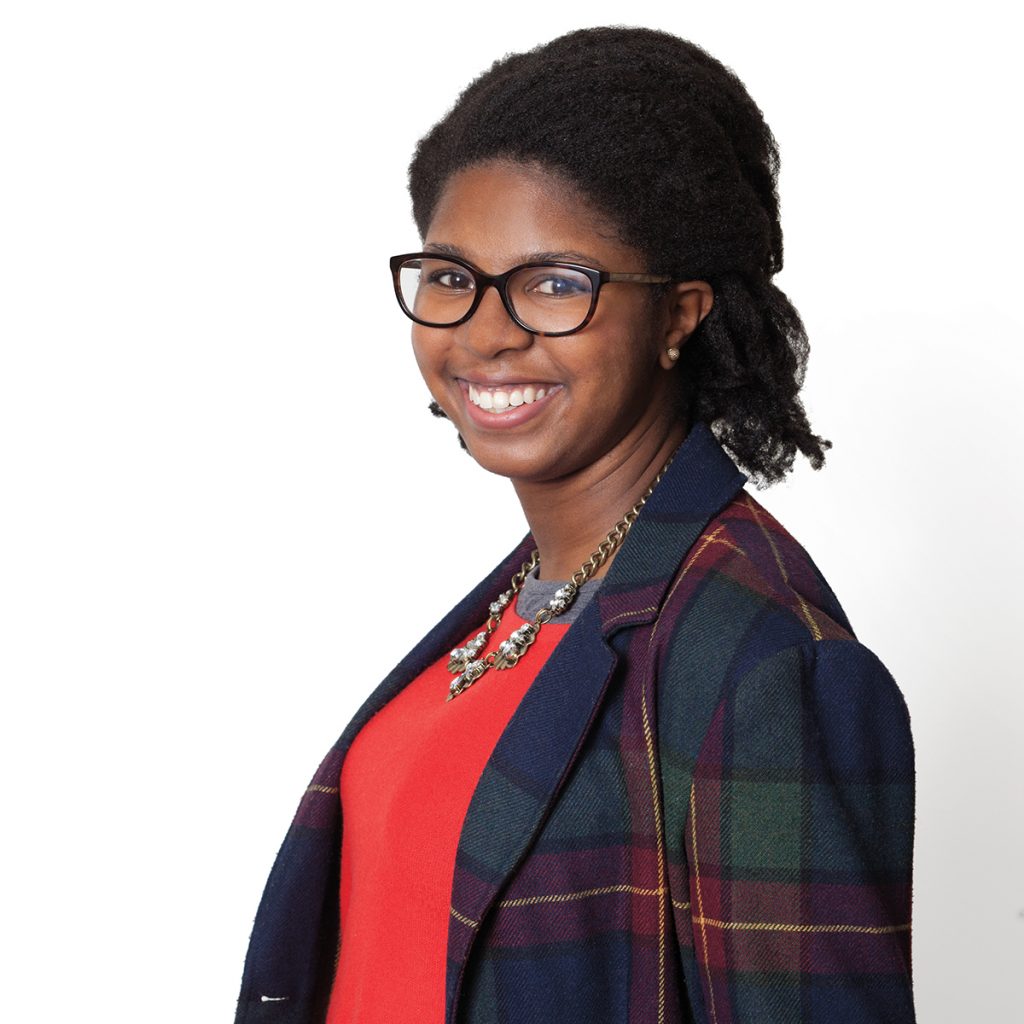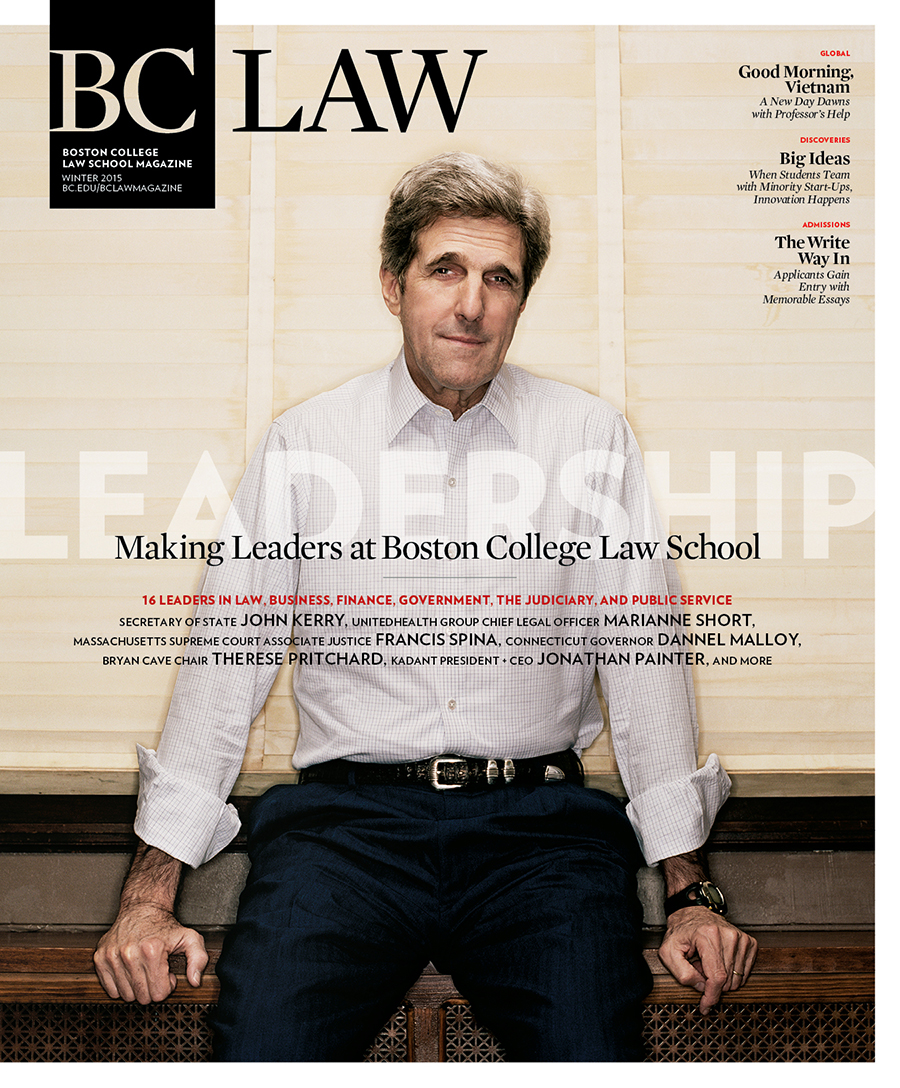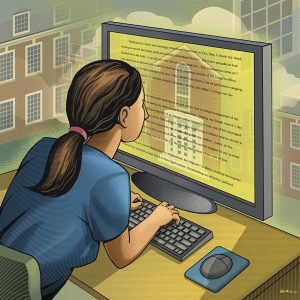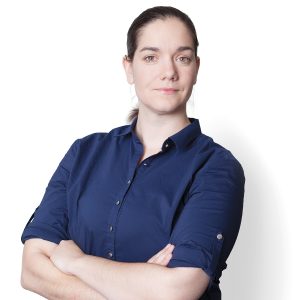The first time I was called a nigger, it wasn’t in the sandbox. It didn’t come from the mouth of a callous kindergartner who had just learned the word and knew it cut, but didn’t know why.
I was twenty. I was in college. And I had gone my whole life without it happening.
I was born in Kenya, as were my parents, and theirs before them, and so on. It certainly must have been a shock to them when we moved to Bowling Green, Kentucky, in 1994 where my family was a spot of brown in a sea of white. When they surveyed the poverty and stigma that surrounded life as a Black American, my parents had two options. I realize fully now how difficult the decision must have been: to raise me around people who looked like me or enroll me in the “good” schools.
Everything I am, from the way I dress, the friends I have, and the education I have been so fortunate to attain, I owe to that decision. In hindsight, that realization is easy. What wasn’t easy was experiencing it: being shunned by the black girls in elementary school because I “talked white,” being poked and prodded by my well-meaning white friends who didn’t understand why my skin would dry out when we got out of the pool or why my hair didn’t lie flat or why I didn’t wear sunscreen. In the black community, it seemed I was an outsider. I didn’t understand the jokes, and I couldn’t relate to any of their life experiences. In the white community, I felt like a wolf in sheep’s clothing, passably blending in while desperately trying to ignore that I was different.
Don’t misunderstand me—I wasn’t unhappy. But my skin color was always an unpleasant uniqueness when it wasn’t at all unique. The whole class turned to look at me (the only black student in honors biology) when Mr. Molina discussed how sickle cell disease was prevalent in African Americans. Mrs. Oliver asked for my insight (and no one else’s) when President Obama was elected. My guidance counselor called me to her office, arms overflowing with pamphlets for Johns Hopkins and the like and encouraged me to apply, specifically to science programs because “they were always looking for black women.”
What a relief it was to be at the University of Florida where people truly seemed colorblind.
That was, until the night my boyfriend Jeremy was walking me home from mock trial practice and a white Dodge Charger sidled up next to us. It all happened in slow motion. I couldn’t distinguish the leering, intoxicated faces, only that there were clearly too many people in the car and I thought, foolishly, that they weren’t wearing their seatbelts. I could feel Jeremy’s hand tighten around mine as the one in the passenger seat leaned out of the window so far I thought he might fall. “Nigger-lover,” he spat at Jeremy. I had enough time to see Jeremy’s bright blue eyes widen in shock and rage before my vision went blurry with tears of unexplainable shame. Then the window rolled up amidst squeals and laughter and the car sped away, its lights red dots in the distance.
I don’t mean to be melodramatic about this incident. I am not the first African American to be called a nigger. I will certainly not be the last.
That’s my point.
My accomplishments are measured on a chromatograph. It is written all over the judges’ faces when they hear me give a closing argument. “You are remarkably well-spoken!” they exclaim in every single round. For what? I want to ask. For a black girl? I have always believed fundamentally that a person shouldn’t be punished or discriminated against for something they cannot change. Yet here I sit typing this essay 150 years after the Emancipation Proclamation, 48 years after the Civil Rights Movement, and I still have moments where I wonder if, given the choice, I would change who and what I am.
But the law gives me hope.
Edward Lewis once wrote, “We define ourselves by the best in us, not the worst that has been done to us.” Each and every time I look at what the law and our legal system has the power to do, my faith in humanity is restored. The law and its evolution are proof of our best intentions, of our understanding of mistakes we’ve made, and of our efforts to correct them. The law is us. It’s me. It’s the admissions officer reading this essay. And in the words of Mr. Lewis, it reflects us in our best light, what is best in us: a desire to protect and serve all people equally.
I have wanted to be a litigator since I was three years old. But it wasn’t until the night that I realized someone could transform me into a color rather than a person that I truly found my passion for the law. There will always be the car full of drunken white men reducing a mixed-race couple to tears merely because of the difference in the color of their skin. But even though the law is imperfect, I truly believe it is humanity’s vehicle for progress.








